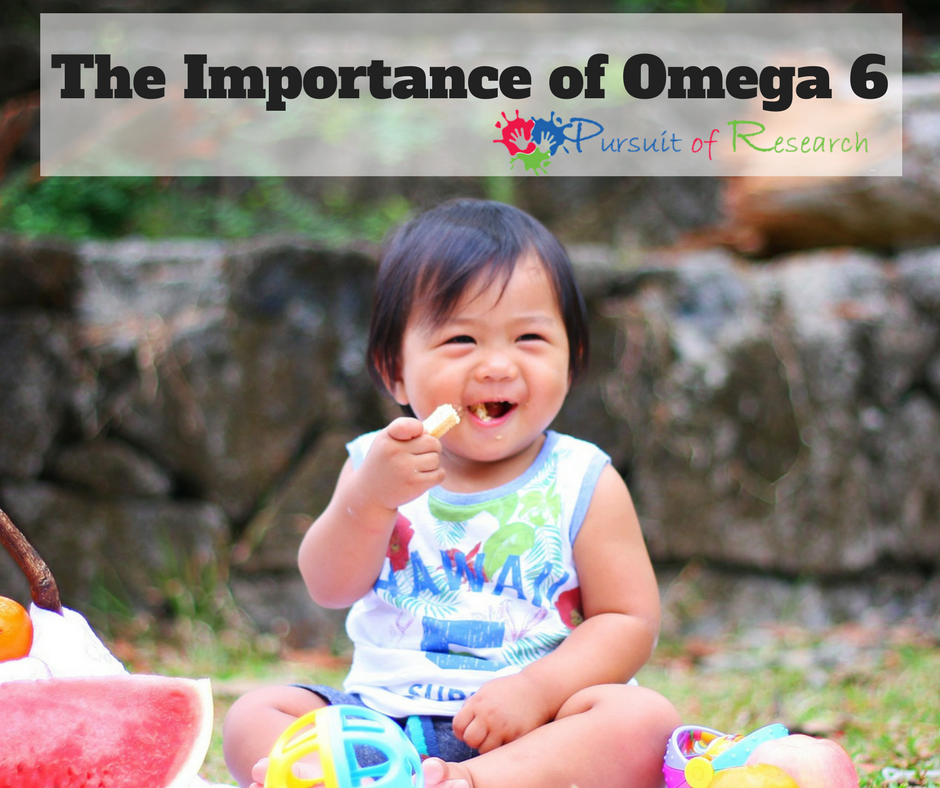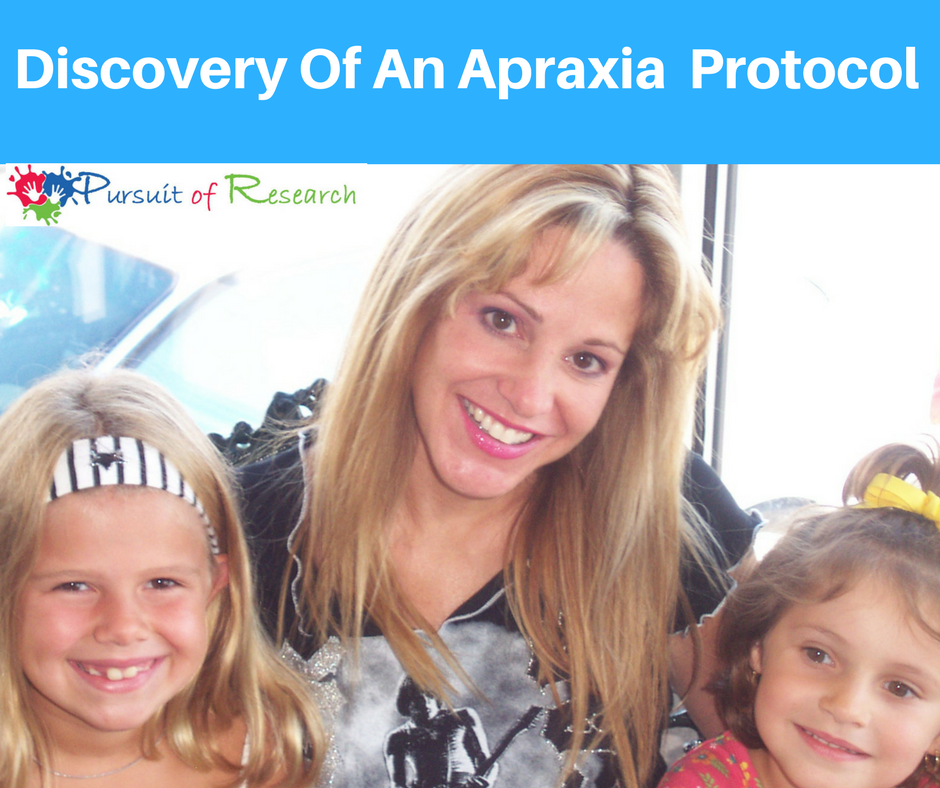“Along with omega-3 fatty acids, omega-6 fatty acids play a crucial role in brain function, and normal growth and development. As a type of polyunsaturated fatty acid (PUFA), omega-6s help stimulate skin and hair growth, maintain bone health, regulate metabolism, and maintain the reproductive system.”

Recently I’ve had a rise in questions on Omega 6 on our support groups. I want to share facts on Omega 6 with references as there appears to be confusion. Omega 6 is an essential fatty acid and it should be part of every human’s diet as an essential nutrient is one our bodies need and can’t produce. Also, the Omega 6 GLA is well recognized in the literature as an anti-inflammatory.
This quote from the University of Maryland sums it up well. “Omega-6 fatty acids are essential fatty acids. They are necessary for human health, but the body cannot make them. You have to get them through food. Along with omega-3 fatty acids, omega-6 fatty acids play a crucial role in brain function, and normal growth and development. As a type of polyunsaturated fatty acid (PUFA), omega-6s help stimulate skin and hair growth, maintain bone health, regulate metabolism, and maintain the reproductive system.
A healthy diet contains a balance of omega-3 and omega-6 fatty acids. Omega-3 fatty acids help reduce inflammation, and some omega-6 fatty acids tend to promote inflammation. In fact, some studies suggest that elevated intakes of omega-6 fatty acids may play a role in complex regional pain syndrome. The typical American diet tends to contain 14 to 25 times more omega-6 fatty acids than omega-3 fatty acids.
The Mediterranean diet, on the other hand, has a healthier balance between omega-3 and omega-6 fatty acids. Studies show that people who follow a Mediterranean-style diet are less likely to develop heart disease. The Mediterranean diet does not include much meat (which is high in omega-6 fatty acids, though grass-fed beef has a more favorable omega-3 to omega-6 fatty acid ratio), and emphasizes foods rich in omega-3 fatty acids, including whole grains, fresh fruits and vegetables, fish, olive oil, garlic, as well as moderate wine consumption.
There are several different types of omega-6 fatty acids, and not all promote inflammation. Most omega-6 fatty acids in the diet come from vegetable oils, such as linoleic acid (LA), not to be confused with alpha-linolenic acid (ALA), which is an omega-3 fatty acid. Linoleic acid is converted to gamma-linolenic acid (GLA) in the body. It can then break down further to arachidonic acid (AA). The Omega 6 GLA is found in several plant-based oils, including evening primrose oil (EPO), borage oil, and black currant seed oil.
Much of the Omega 6 GLA taken as a supplement is converted to a substance called DGLA that fights inflammation. Having enough of certain nutrients in the body (including magnesium, zinc, and vitamins C, B3, and B6) helps promote the conversion of GLA to DGLA
Dietary Sources
For general health, there should be a balance between omega-6 and omega-3 fatty acids. The ratio should be in the range of 2:1 to 4:1, omega-6 to omega-3, and some health educators advocate even lower ratios. Omega-6 fatty acids can be found in sunflower, safflower, soy, sesame, and corn oils. The average diet provides plenty of omega-6 fatty acids, so supplements are usually not necessary. People with specific conditions, such as eczema, psoriasis, arthritis, diabetes, or breast tenderness (mastalgia) may want to ask their doctors about taking omega-6 supplements”. source
Some foods rich in Omega 6 include
- Flaxseed oil, flaxseeds, flaxseed meal
- Hemp seed oil, hemp seeds
- Grapeseed oil
- Seeds such pumpkin seeds and raw sunflower seeds
- Nuts, including pignolia (pine) nuts and pistachios
- Borage oil, evening primrose oil, black currant seed oil
- Acai
GLA is an Omega 6 Anti-Inflammatory Nutrient
The Omega 6 GLA has gained recognition over the last few decades for its anti-inflammatory and anti-cancer actions. Some key findings from controlled clinical trials include:
- In arthritics, several trials report that GLA reduced inflammation, symptoms, and the requirement for NSAIDs
- In inflammatory dry eye, GLA improved symptoms and reduced inflammation; in PRK patients, GLA relieved symptoms, and increased tear production and clearance; in Sjögren’s patients, GLA eased ocular discomfort by reducing inflammation and increasing tear content of PGE1
- In diabetics, GLA improved nerve conduction velocity leading to improved blood flow and reduced tingling of extremities
- In patients with acute lung injury, GLA along with EPA improved gaseous exchange
- In breast cancer patients, GLA improved the effectiveness of tamoxifen, reduced side-effects, and hastened therapeutic response
- In uremic pruiritis, a common problem in hemodialysis patients, topically applied GLA relieved symptoms
The importance of diet on cognition
“How food affects IQ “A diet high in fats, sugars and processed foods at the age of three is associated with a lower IQ at the age of 8. A diet, high in fats, sugars, and processed foods in early childhood may lower IQ, while a diet packed full of vitamins and nutrients may do the opposite, suggests research just published online in the Journal of Epidemiology and Community Health.
The authors base their findings on participants in the Avon Longitudinal Study of Parents and Children(also known as Children of the 90s), which tracks the long term health and wellbeing of around 14,000 children born in 1991 and 1992.”
The Apraxia Protocol
Almost 20 years in the making which has been effective for apraxia and man with autism, it’s time to validate what we already know. This is mainly in regards to fish oils as other nutritional strategies that we have found effective as a group we need clinical validation on. Learn more here.
Mediterranean Diet -the perfect balance of Omega 3 and 6 and other nutrients
It’s well known that the Mediterranean diet rich in vegetables, fruits, “good” oils like olive oil, nuts. legumes, pasta, whole grains, and fish contributes to our cognitive, physical as well as mental health. A growing body of evidence suggests that adherence to the Mediterranean diet (MD) may protect against cognitive decline and dementia. In a study published in the journal Pediatrics, there is also evidence that adherence to the Mediterranean Diet can help reduce ADHD
The Feingold Diet
Dr. Feingold was in a unique position to recognize the dietary component of behavioral disorders:
- As an allergist, he was familiar with the long-established use of the elimination diet for determining allergenic sources – and in the case of food dyes to recognize that this was an immunological response, not an allergic reaction.
- As an allergist, he had already been using the elimination diet developed by Dr. Lockey at the Mayo Clinic for control of hidden allergens across a wide range of foods or food additives – a diet developed for skin allergies such as urticaria (hives) and aspirin-induced asthma, for both children and adults.
- As a pediatrician since the 1920s, he was aware of the historic change in prevalence of disease and behavioral problems in children during the early 1960s (when food dyes, flavorings, and preservatives proliferated on the supermarket shelves).
- As Chief of Allergy at Kaiser Permanente, he had the power to have colleagues search for specific types of patients to observe, and to implement clinical studies.
- With his worldwide scientific contacts, he was in a position to know what advances had been made in other countries, especially new researches on the cross-reactivity of additives and salicylates.
- Having already published peer-reviewed scientific papers on personality changes related to the allergic response, and on the way flea venom works [as haptens, which the low-molecular-weight food dyes do, too] – he had the background to put two and two together.
- As a clinician with empathy, he actually listened to his patients even when their reactions did not match any existing textbook descriptions or treatments.
Dr. Feingold’s clinical findings, often called his “hypothesis:”
“Hyperactivity can be triggered by synthetic additives – specifically synthetic colors, synthetic flavors and the preservatives BHA, BHT (and later TBHQ) – and also a group of foods containing a natural salicylate radical. This is an immunological – not an allergic – response.”
| Dr. Feingold’s favorite saying: “Any compound, natural or synthetic, can induce an adverse reaction if the individual has the appropriate genetic profile, i.e., disposition.” |
List of conditions The Feingold Diet may be helpful for
ADHD
Aggression
Asthma
Autism/PDD/ASD
Bedwetting
Depression
Dyslexia
Learning disability
Ear infections
Eczema
Hives
Uticaria
Eye problems
Headaches and Migraines
Irritable Bowel Syndrome
OCD (Obsessive Compulsive Disorder)
ODD (Oppositional Defiant Disorder)
Conduct Disorder
Violence
Seizures
Sleep Problems
Speech Problems/(apraxia?)
Tourette’s Syndrome (TS
Any food product that is approved by the Feingold diet will state so on their website, for example, IQed is approved by the Feingold Association for the Feingold Diet.

VISIT THE MAIN FISH OIL INFORMATION PAGE FOR MORE INFORMATION
Warning from Nordic Naturals
The professional line of Nordic Naturals is the preferred line by most. You can only purchase the professional line at an authorized distributor online such as http://www.speech411.com or https://getiqed.com/
LISA GENG
Lisa Geng is an accomplished author, mother, founder, and president of the CHERAB Foundation. She is a patented inventor and creator in the fashion, toy, and film industries. After the early diagnosis of her two young children with severe apraxia, hypotonia, sensory processing disorder, ADHD, and CAPD, she dedicated her life to nonprofit work and pilot studies. Lisa is the co-author of the highly acclaimed book “The Late Talker” (St Martin’s Press 2003). She has hosted numerous conferences, including one overseen by a medical director from the NIH for her protocol using fish oils as a therapeutic intervention. Lisa currently holds four patents and patents pending on a nutritional composition. She is a co-author of a study that used her proprietary nutritional composition published in a National Institute of Health-based, peer-reviewed medical journal.
Additionally, Lisa has been serving as an AAN Immunization Panel parent advocate since 2015 and is a member of CUE through Cochrane US. Currently working on her second book, “The Late Talker Grows Up,” she also serves as an executive producer of “Late Talkers Silent Voices.” Lisa Geng lives on the Treasure Coast of Florida.
